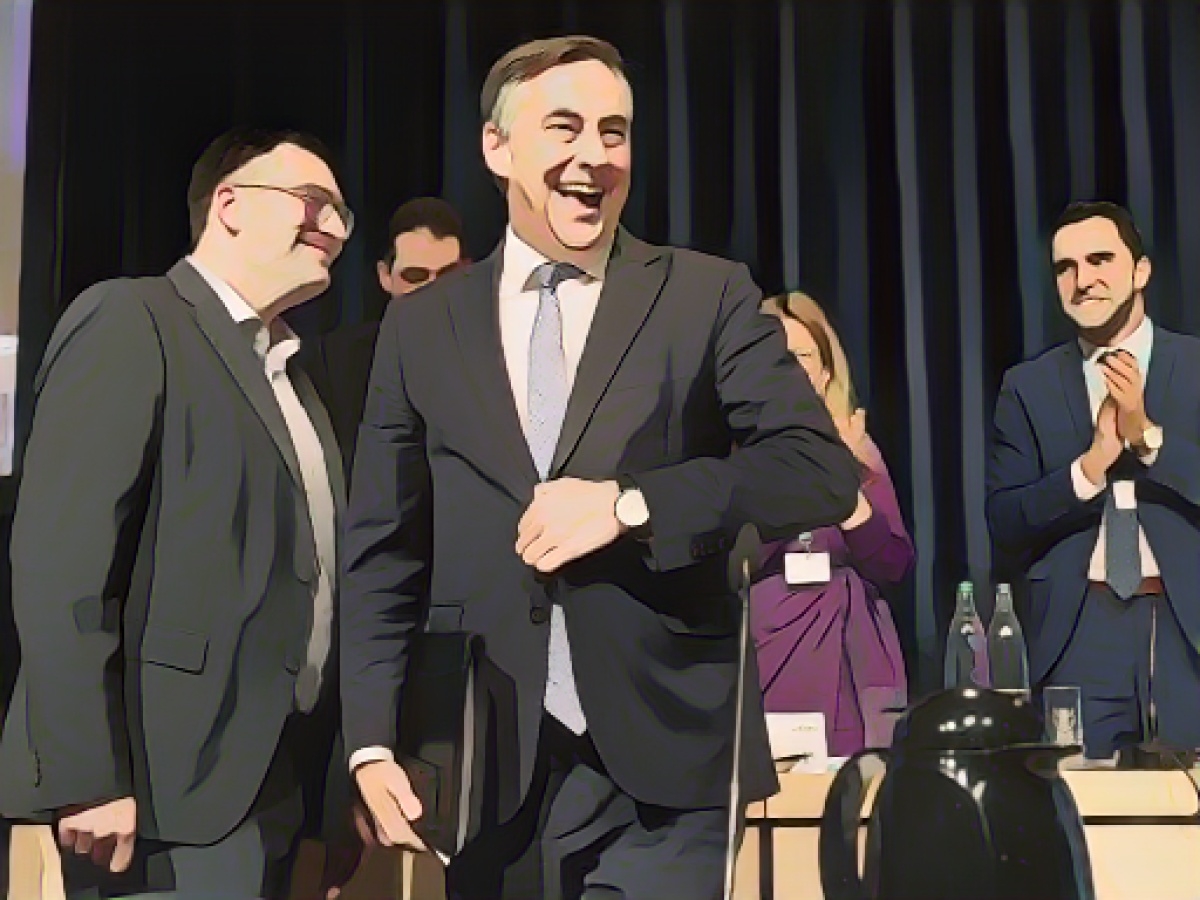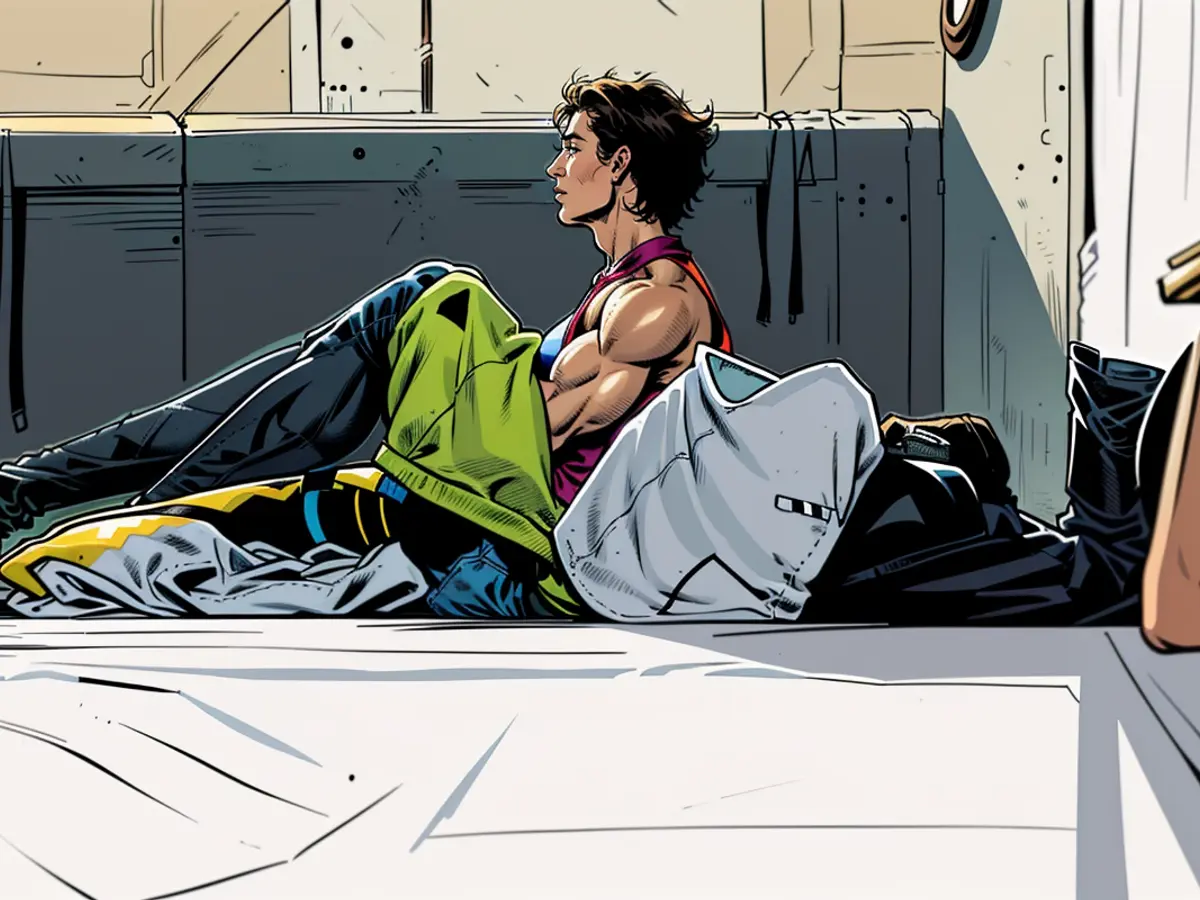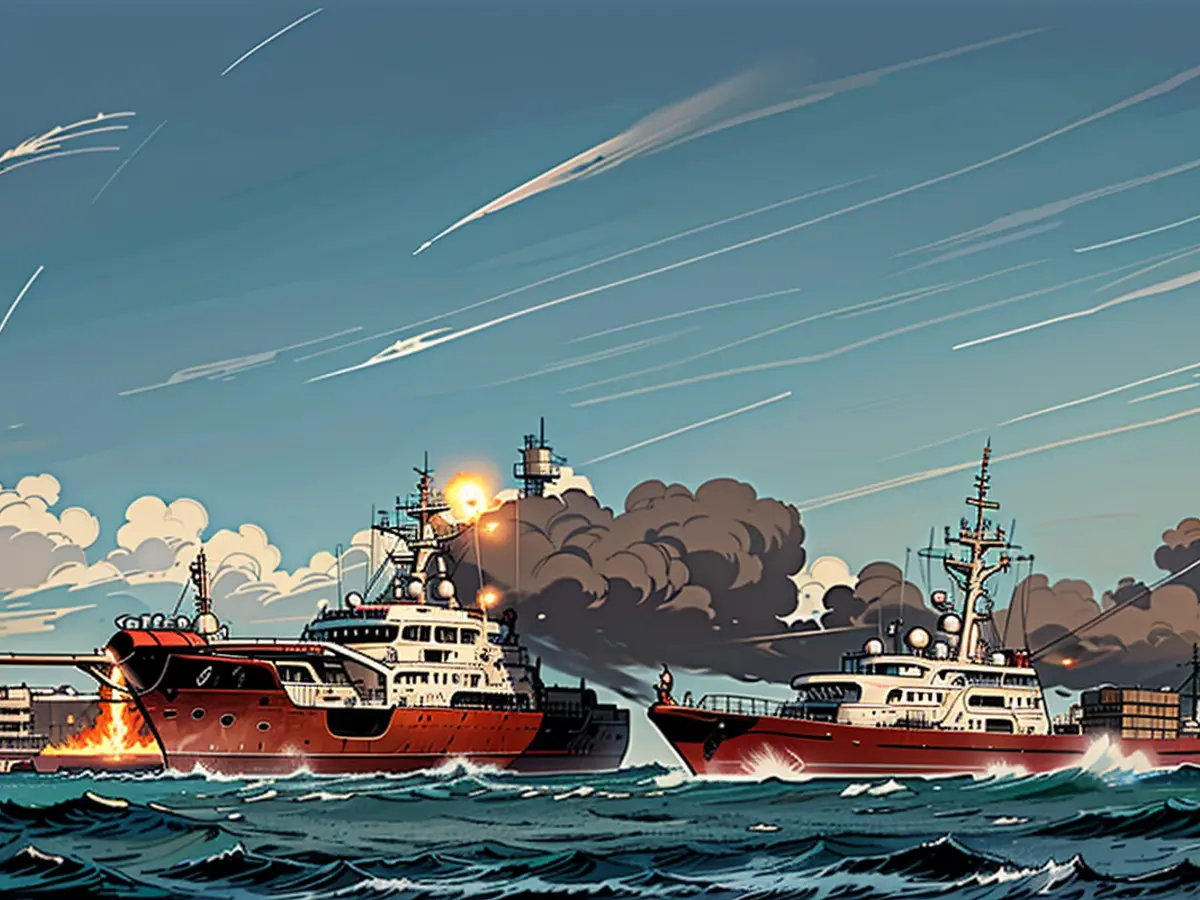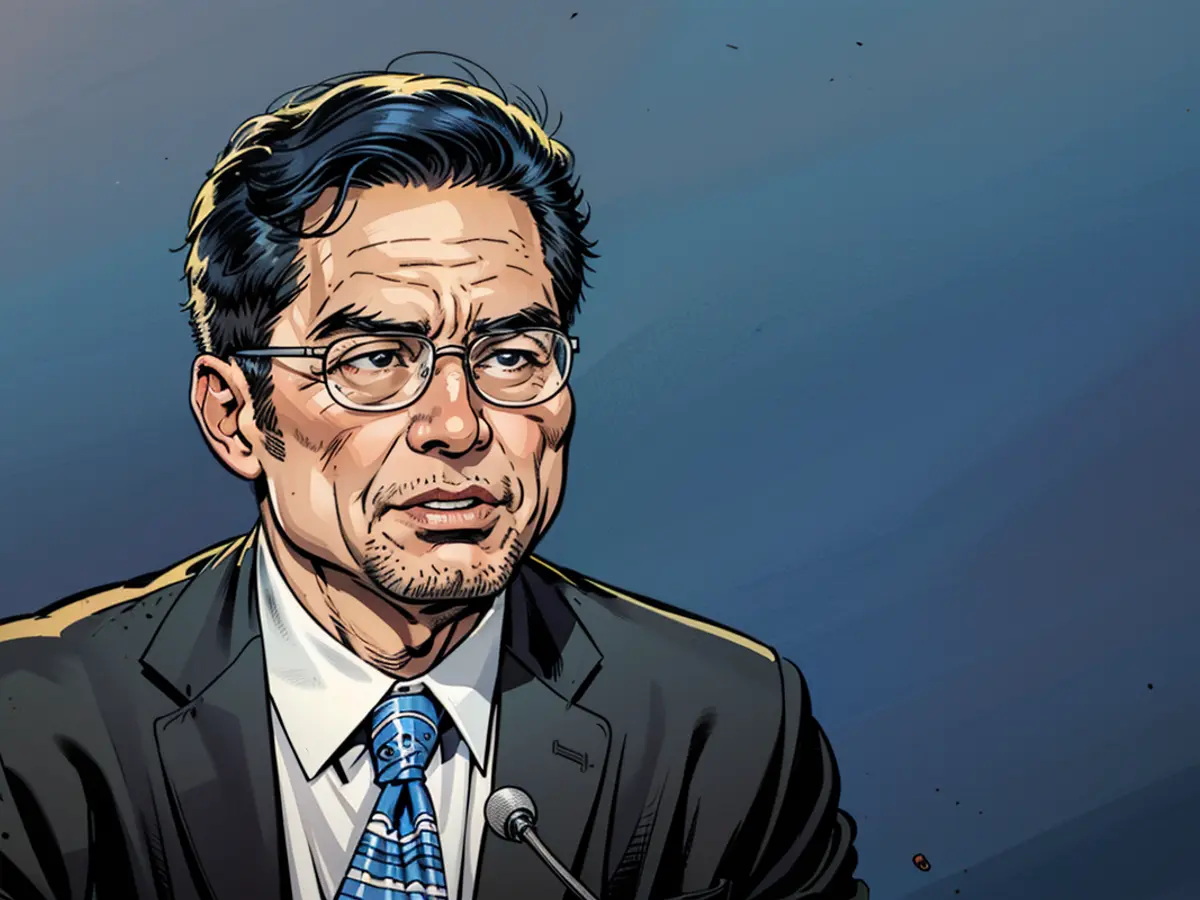CDU wants to win back voters: Local elections as a milestone
The CDU Mecklenburg-Vorpommern wants to regain significant strength by the 2026 state elections after the 2021 election defeat and sees the elections in June 2024 as an important milestone. The joint European and local elections are a test of the Union's campaigning ability and unity in the north-east, said state party leader Franz Robert Liskow at the state party conference in Rostock on Saturday. At the meeting, the almost 150 delegates decided on the CDU's guidelines for the local elections.
Schwerin state official Jascha Dopp had already been nominated by a large majority as the CDU's top candidate in the state for the European elections on Friday. In the 2019 election, the then candidate of the North-East CDU had missed out on a return to the EU Parliament. "Mecklenburg-Vorpommern has no voice in Brussels and that urgently needs to change again," Liskow stated as his goal.
Following the disastrous election results in 2021 at federal and state level, the party is undergoing a renewal process that is also being recognized by voters, said Liskow. At that time, the CDU/CSU received 13.3 percent of the vote in the state election and left the government. The renewal process is now making itself felt in the polls. "Our party is alive again," emphasized Liskow, but approval ratings of 20 percent in the north-east are still too low.
"We will find our full strength before the state elections," Liskow said confidently. In the upcoming election, the Union wants to defend its position as the strongest local political force. In 2019, it won around 25 percent of seats in district and municipal councils.
Liskow - as well as CDU Secretary General Carsten Linnemann as guest speaker - sharply criticized the Berlin traffic light and the red-red state government in Schwerin. Both are fair-weather alliances that have no concepts to deal with the multitude of current crises. Problems are being ignored by the federal and state governments. "They think reality is a right-wing conspiracy theory," said Liskow.
According to Linnemann, the red-red government in power in Schwerin since 2021 is proving to be a brake on the economic development of Mecklenburg-Vorpommern. "Red-Red is becoming a disadvantage for the location," he said. Mecklenburg-Western Pomerania has the lowest economic growth of all eastern German states. CDU-led Saxony-Anhalt, on the other hand, showed how to attract investment to the state and strengthen the economy. The SPD Minister President of Schwerin, Manuela Schwesig, on the other hand, is primarily concerned with presenting herself. "You have to show Schwesig the stop sign. This country deserves a better government," said Linnemann to applause from the delegates.
In its ten-page local election manifesto, the CDU calls for more decision-making powers and greater scope for local politicians in Mecklenburg-Vorpommern. "We want less interference from the state administration, financial leeway for our municipalities and a return to genuine local self-government," reads the unanimously adopted program. "Our goal is to create strong municipalities for a strong state," emphasized Liskow.
Migration policy is a key point in the guidelines for the local elections. "We do not want uncontrolled, irregular migration that undermines our asylum system and burdens our social system. The capacities of our municipalities are finite," it says. Overburdening the municipalities must be prevented at all costs.
The CDU is calling for more support for the modernization of schools, for local public transport and for securing healthcare in rural areas. The cost of school meals should be limited to 4.50 euros per day.
Local authorities are also to be given a greater say in shaping the energy transition. A general minimum distance of 1,000 meters from residential buildings is required for wind turbines. "We want an energy transition with a sense of proportion," says the election manifesto. Local burdens caused by wind farms, for example, should be offset by making electricity in such regions half the price.
The CDU views the upcoming local elections in June 2024 as a critical opportunity to demonstrate their campaigning ability and unity, aiming to regain voters' trust after the 2021 election defeat. In light of the CDU's renewal process, they aim to improve their standing in the 2026 state elections, with Mecklenburg-Vorpommern currently lacking representation in Brussels.
Source: www.dpa.com








